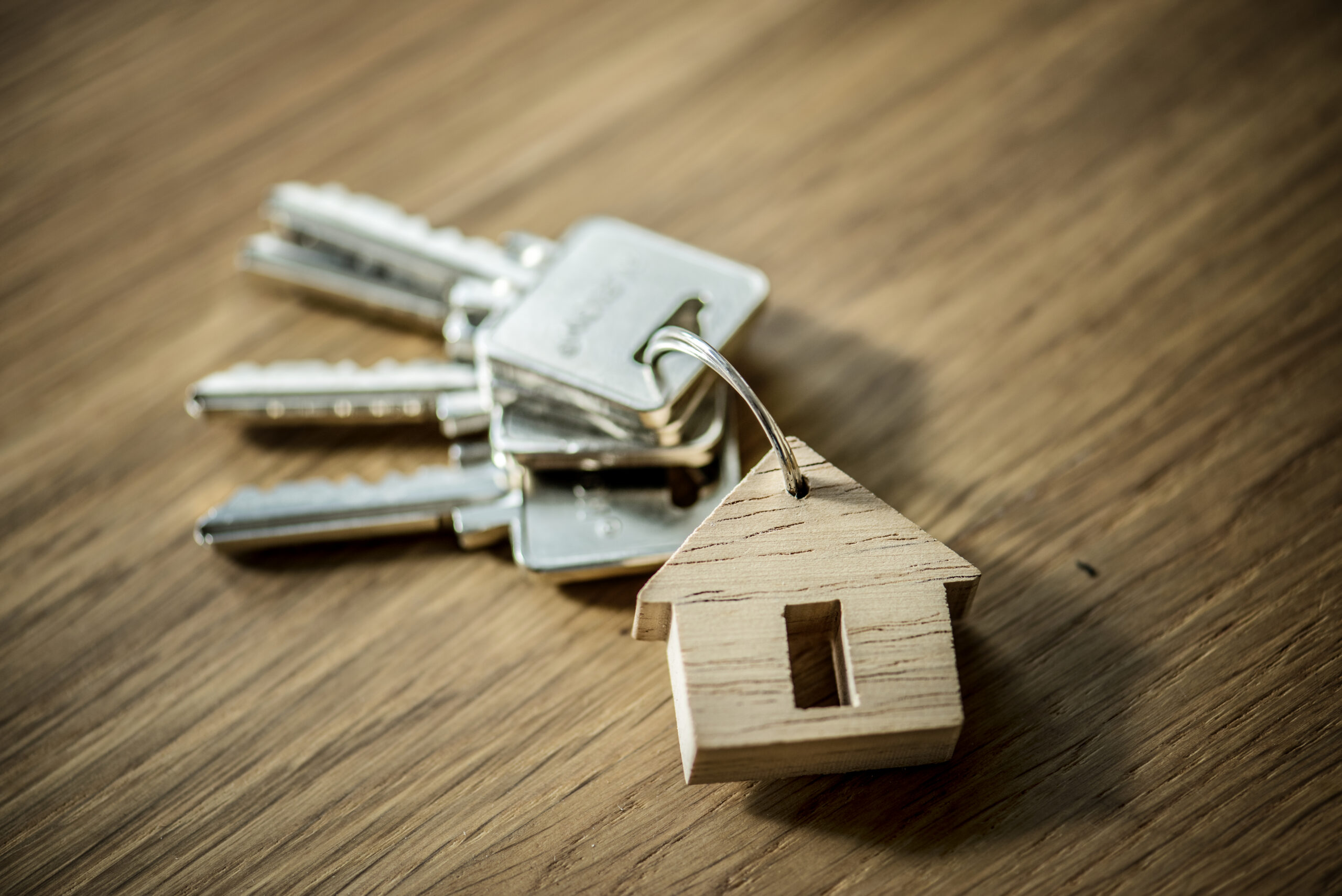
19 Oct Boost Your St. Louis Rental Property: 11 Essential Tips for Landlords
St. Louis Rental Market
First things first, the rental market in St. Louis is booming. But let’s not get ahead of ourselves, shall we? Before grabbing a piece of that real estate pie, your property must be up to snuff.
The Importance of Preparation
Preparing your property isn’t just slapping on a coat of paint and calling it a day; it’s a meticulous process involving multiple steps—each crucial. The better prepared your property, the more profitable your venture will be.
Current Market Trends in St. Louis
St. Louis offers a robust market for landlords. With its growth in tech jobs, educational hubs, and cultural venues, the city’s rental market is as hot as ever. But remember, higher demand also means higher standards. Renters expect the best, and you’ve got to deliver.
Legal Requirements and Regulations
Alright, now let’s talk legalities. Renting your property isn’t just a casual affair; you must know about St. Louis’s regulations and requirements.
Permits and Zoning
You must do more than willy-nilly turn any property into a rental. You’ve got to check your property’s zoning, acquire the necessary permits, and make sure you’re on the up-and-up.
Tenant Laws and Responsibilities
Being a landlord comes with its share of responsibilities toward the property and the tenants. It would help if you were well-versed in tenant laws to avoid pitfalls.
Fire and Safety Regulations
Safety comes first, always. Your property has to be compliant with all fire and safety regulations. This isn’t just a legal requirement but also an ethical one. You can sleep easier knowing your tenants are safe, and so can they.
Property Evaluation and Upgrades
Now that you’ve sorted the legal stuff, it’s time to roll up those sleeves and get your hands dirty. Your property won’t just rent itself out; it has to be attractive to prospective tenants.
Cosmetic Upgrades
We’re talking paint jobs, fresh carpets, perhaps some modern fixtures—whatever it takes to give your property that ‘wow’ factor. A fresh coat of paint can go a long way in brightening the place and making it appealing to prospective tenants. Regarding upgrades, remember, beauty is often more than skin deep.
Necessary Repairs
When dealing with rental properties in St. Louis, MO, it’s crucial to consider the often-hidden aspects such as plumbing, electrical systems, and structural integrity. These nitty-gritty details may not be immediately apparent, but they play a pivotal role in the success of your investment. Cutting corners in these areas is not advisable, as tenants, especially those working with Real Estate Agents in St. Louis, MO, can readily detect any deficiencies.
Amenities That Add Value
Additional amenities like a gym, pool, or even free WiFi can amp up your property’s appeal. Consider what your target tenant might want, and aim to meet those needs.
Home Staging and Aesthetics
Staging isn’t just for selling homes; it’s equally vital for rentals. A well-staged home is like a magnet for high-quality tenants.
Importance of Curb Appeal
First impressions are everything. A well-maintained garden, freshly painted exterior, and pleasant mailbox can give a more favorable impression.
Indoor Staging Tips
Cleanliness is key. Add a fresh bouquet and some attractive art on the walls; voila, your property became infinitely more inviting.
Utilizing Virtual Tours
Given our digital age, offering a virtual tour of your property can make you stand out from the crowd. It adds credibility and allows potential tenants to visualize themselves in the space.
Advertising and Tenant Search
Your St. Louis property looks snazzy and is ready to welcome tenants. But how do you find these tenants?
Offline vs. Online Advertising
Classifieds in the local newspaper may still work, but online platforms are where the action is. Websites like Zillow and Apartments.com are good places to start.
Social Media Strategies
Consider creating a Facebook page or Instagram account for your property. This will give you a platform to showcase your property and enable potential tenants to engage with you directly.
Tenant Screening
This is crucial. You want to ensure your tenants are reliable, responsible, and won’t default on the rent. Always conduct a thorough background check.
Leasing and Tenant Onboarding
So you’ve found a tenant. Great! But the work continues. Now it’s time to finalize all the contractual details and help your tenant settle in.
Lease Agreements
A well-drafted lease agreement isn’t just a formality—it’s a necessity. This document should outline all the rules, expectations, and guidelines for your St. Louis property. Ensure you review all the clauses with your tenant to avoid any future misunderstandings.
Tenant Welcome Kit
Creating a tenant welcome kit is a kind gesture that can go a long way in establishing a harmonious landlord-tenant relationship. Include essential information, such as emergency contacts, garbage collection days, and local amenities, to help your tenant acclimate to their new home.
Rent Collection Mechanisms
Decide how you’ll collect rent. Will it be via check, electronic funds transfer, or a property management system? Be clear on the due dates and any late fees associated with the rent collection.
Property Management
Keeping your property in top shape is more than your tenant’s responsibility. As a landlord, ongoing maintenance is entirely on your shoulders.
Self Management Vs. Hiring a Property Manager
Managing a property is a full-time job. If you can’t dedicate the time and effort, consider hiring a property manager. Weigh the costs and benefits carefully before making a decision.
Maintenance Schedules
Regular maintenance checks can help you identify and fix issues before they escalate into costly repairs. Create a maintenance schedule that includes routine inspections of vital elements like plumbing, heating, and electrical systems.
Emergency Protocols
Emergencies are inevitable. Whether it’s a plumbing issue or an electrical malfunction, having a set protocol can help manage the situation effectively without causing panic.
Financial Considerations
Being a landlord can be a lucrative business, but there are numerous financial aspects you need to consider.
Budgeting and Costs
Budgeting is crucial for a successful rental venture, from property taxes to utility bills and maintenance expenses. Keep tabs on your income and expenditures to ensure your St. Louis property remains profitable.
Tax Benefits and Implications
Owning a rental property comes with its own set of tax implications. You can take advantage of several deductions, such as property depreciation and repair costs. Consult a tax advisor to make the most out of these benefits.
Insurances and Coverages
Insurance isn’t just about covering your property. Depending on your rental setup, you might also need liability insurance. Shop around and find a package that offers comprehensive coverage at an affordable rate.

Technology Tools for Landlords
As a modern-day landlord, technology can be your best friend. It can not only streamline operations but also enhance the experience for both you and your tenants.
Property Management Software
From tracking rent payments to maintenance requests, property management software can help automate many aspects of your role as a landlord. Platforms like AppFolio and Buildium offer extensive features covering the entire rental management lifecycle.
Security Systems
Security is a priority for most tenants. Investing in modern security systems, like smart locks and surveillance cameras, can make your property more appealing and provide peace of mind for your tenants.
Payment Platforms
Make life easier for your tenants by offering flexible payment options. Apps like Venmo or specialized rent payment platforms can simplify the monthly process, ensuring you get paid on time while providing convenience for your tenants.
FAQs
What are the risks involved?
Renting out property has risks, including potential damage, legal disputes, and vacancies. However, thorough preparation and due diligence can mitigate many of these risks.
How do you deal with problematic tenants?
Open communication is vital. Try to resolve disputes amicably, but always refer to your lease agreement for any contentious issues.
Are pets allowed?
The pet policy should be clearly outlined in your lease agreement. Consider asking for a pet deposit to cover any potential damages if you allow pets.
How do I set the rent price?
Setting the rent is a balancing act. It must be competitive yet profitable. Consider the going rates in your area, the features of your property, and other financial obligations when setting the price.
How long does it take to prepare a property?
Preparing a property for the rental market in St. Louis can take a few weeks to several months, depending on its current condition and the upgrades needed.
What if my property stays vacant?
Vacancies can be stressful but are often a part of the rental business. Review your advertising strategy and consider adjusting your property based on feedback.
Conclusion and Next Steps
Well, you’ve made it this far, and that’s commendable. Preparing a property for the rental market in St. Louis is no small feat. It requires meticulous planning, considerable effort, and a willingness to adapt and learn. With this guide, you’re well on your way to becoming a successful landlord in St. Louis. What are your next steps? Finalize that lease agreement, welcome your tenants, and watch your investment grow!
 CLICK HERE FOR PODCAST
CLICK HERE FOR PODCAST

